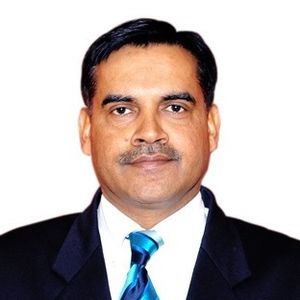A few months ago, Ajay Kumar Singh, director-general of the life sciences wing of the Defence Research and Development Organisation, was heading a team of defence scientists to innovate affordable medical equipment for Covid-19 management. But with India and China still locked in a standoff at the border, his team has been tasked to step up efforts to equip soldiers for high-altitude warfare. In an interview with THE WEEK, Singh shared his views. Excerpts:
Q/ After the Ladakh standoff, has the DRDO been asked to carry out innovations and studies for the benefit of soldiers?
A/ The DRDO’s life sciences labs proactively provided habitability solutions like improvised space-heating device, oxygenated shelters, anti-frostbite formulation, and fresh and nutritious food in collaboration with several stakeholders. Our high-altitude region labs have contributed in developing technologies that ensure availability of fresh produce to armed forces throughout the year.
Q/ Can you share some special efforts made by defence life sciences scientists for the Indian Army for high-altitude operations?
A/ A team of scientists recently visited forward posts in a high-altitude region. Several products have been delivered to the troops for their trial and use and it is also planned to oxygenate existing shelters. DRDO has provided ergonomically designed backpacks and sleeping bags suitable for temperatures up to -50°C. Research and development (R&D) is also underway to develop extreme winter clothing using indigenous textile technologies.
DRDO life sciences labs have been working in close collaboration with the Army for enhancing troop acclimatisation by physical, physiological and psychological interventions. Different modalities like pre-acclimatisation of soldiers at moderate altitude, use of Intermittent Hypoxia Training (IHT) in the plains and use of pharmacological agents as strategies have been suggested for rapid induction of troops after extensive R&D. In addition, the recommendation of tenure of posting at different altitudes and of nutritionally balanced ration scales has been made and are being followed by the Indian Army.
Q/ DRDO scientists are often criticised for disappointing armed forces when it comes to meeting their requirements.
A/ Military R&D is a continuous and time-consuming process, which involves synergy between various stakeholders. The R&D contributions made by DRDO are palpable and are acknowledged by the armed forces. However, to meet futuristic requirements, there is a need for more synergistic efforts between the DRDO, armed forces and industrial partners, wherein the services and industry view DRDO not only as developers, but also as their joint collaborative partners.


